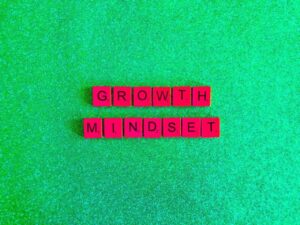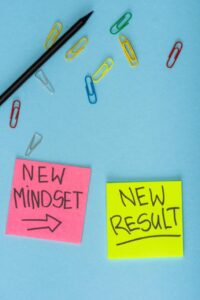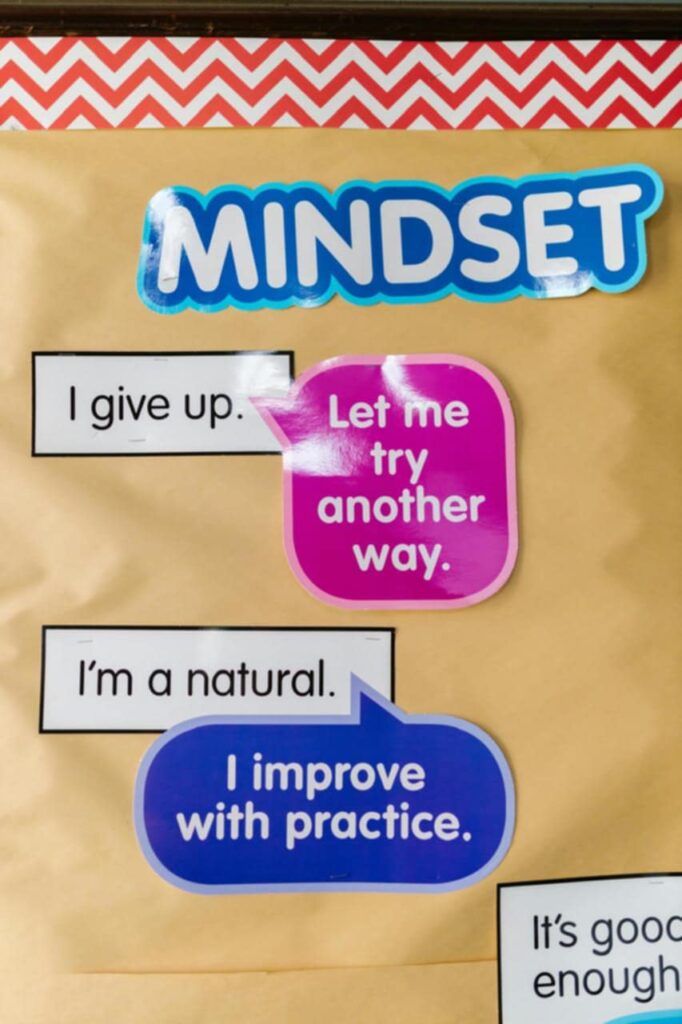Success has long been attributed to external agents like circumstances, education, and experience. However, new studies in psychological literature are now revealing that success mostly depends on the mind. How the mind interprets challenge, setback, or opportunity signifies the prospect of succeeding at personal or professional ends. We will discuss two primary mindsets in this article: fixed and growth, which will affect one’s route to success. We will also discuss why the need to cultivate a growth mindset unlocks potential.
Fixed vs. Growth Mindset
Stanford psychologist Carol Dweck’s groundbreaking work on mindset transformed the way we think about success. According to Dweck, there are two kinds of mindsets:
Individuals with a fixed mindset believe that it is ingrained into their DNA—it cannot be altered. They feel that they either know something or are a failure concerning it, and thus such beliefs bring with them an incapacity to challenge themselves into their comfort zones. People with this mindset often tell you, “I’m just not a math person” or “I’m never going to be much of a leader.” This makes them avoid opportunity after opportunity for fear of being defined by those failures.
Growth Mindset:

Unlike people with a growth mindset, those who believe that talents and intelligence can be developed with effort, learning, and perseverance take challenges as chances to learn. Therefore, they would tend to take more risks, whereas mistakes are but stepping stones to improvement instead of defining moments of someone. Such people shall be more resilient when failure presents a prospect toward improvement.
A growth mindset helps develop a love for learning, resilience, and adaptability—features on which full success is achieved in any field. A growth mindset makes people more aggressive in exploring and trying new challenges and, therefore, improves them continuously for long-term achievement.
Role of Effort and Learning
One of the most powerful strengths of a growth mindset is a focus on efforts to and continuous learning. According to the growth-oriented view, effort is not an incentive for traces of inadequacy but is regarded as an intrinsic part of the learning cycle. Business, sports, or arts high achievers attribute success to tenacity and failures as a source of learning. With such a mindset, a person would be able to drive on with the struggles, knowing that effort will result in growth over time.Furthermore, in the case of people of this type of mindset, a failure is valued feedback in the process. They do not treat failure as the end but as a part of the journey. Instead of throwing in the towel to obstacles, they change their strategy, look for help, and keep on moving.
Have a growth perspective:
A growth mindset can be learned over time, though some individuals may seem better suited to it. Here are ways to do that:
They should embrace difficulties and risks. The tasks one finds difficult should be tried out instead of avoiding them.
Seek advice from critics: constructive criticism is more educational than insulting if regarded as coming from the critics.
Work rather than the outcome: Appreciation for the value of hard work and diligence may result in greater centrality toward long-term development over short-term outcomes.
Reconceptualize failure. It should be reframed as a learning experience that will give you great life lessons for future success.

Conclusion
It cannot be understood by being either talented or bright. The mindset takes the shape of success concerning the challenges and opportunities at hand. People with a growth mindset cultivate resilience, love learning, and believe in their ability to change themselves for the better. This mental shift could unlock the potential for success in anything. With effort and a good mindset, greatness is within reach.



